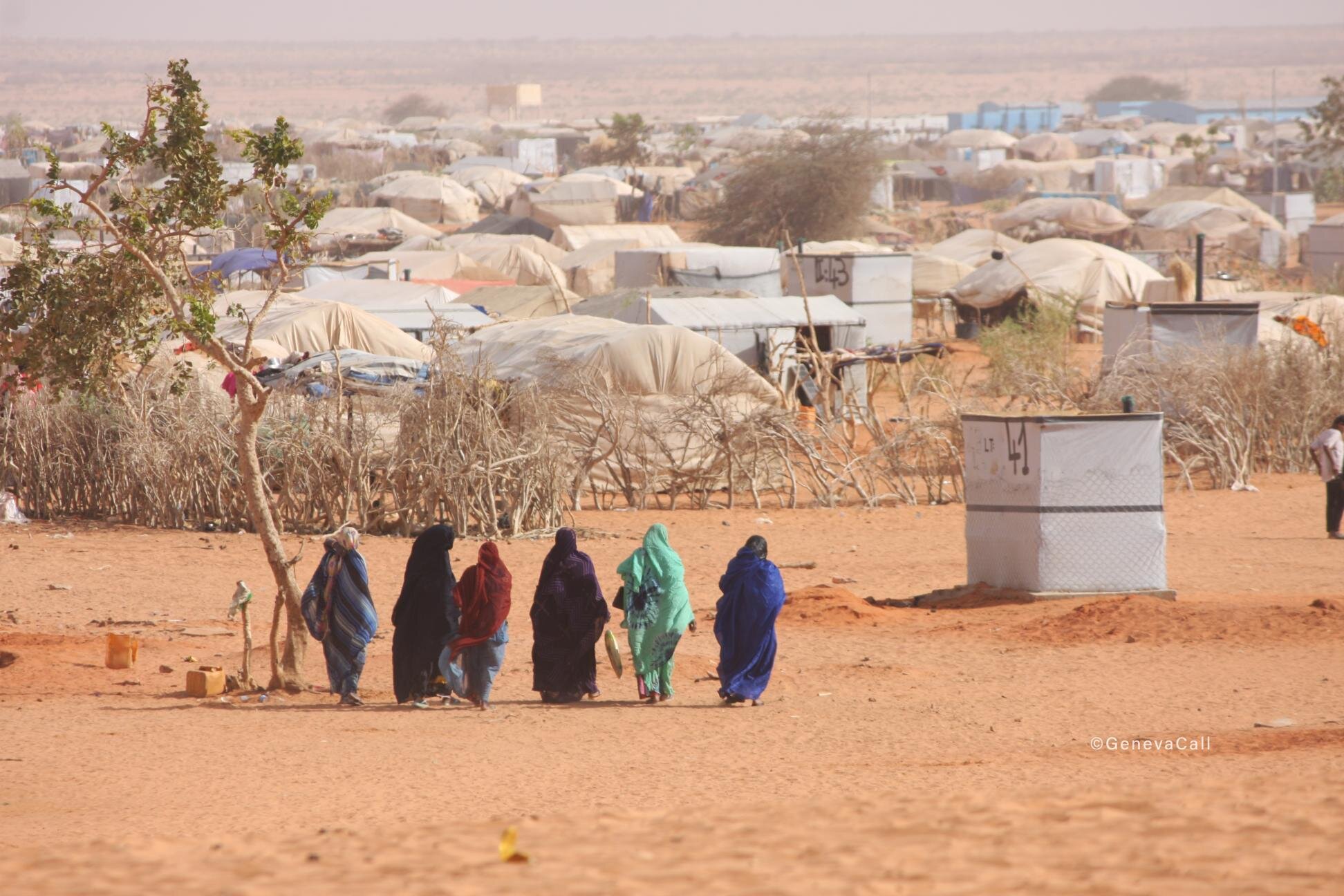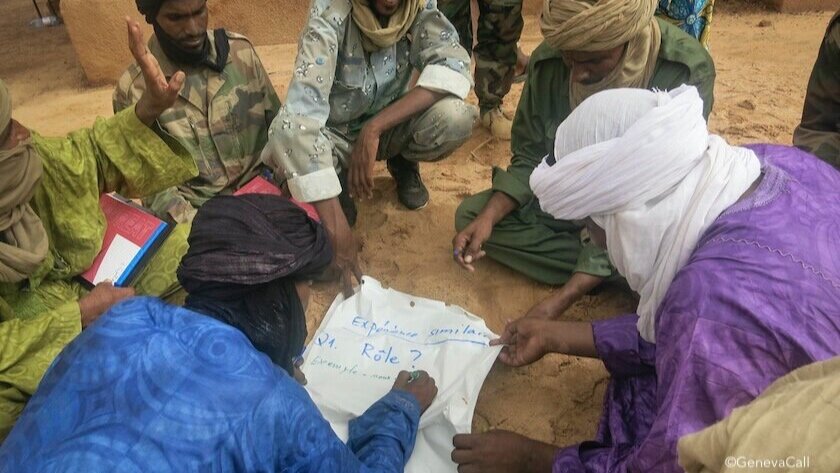
Generating Respect for Humanitarian Norms:
The Influence of Religious Leaders on Parties to Armed Conflict
Humanitarian norms, anchored in international humanitarian law (IHL) and international human rights law (IHRL) aim to 'humanise' war by requiring parties to armed conflict to protect civilians from attacks, detainees from abuse, and to facilitate humanitarian assistance. Yet, across the globe and all too often, civilians are killed, detainees are ill-treated, and hospitals and aid convoys are bombed.
This reality results from the manifold systemic and structural challenges to the effectiveness of IHL and IHRL in times of war.
It also portrays the pressing need to develop new approaches to generate greater compliance with humanitarian norms. Funded by the UK’s Economic and Social Research Council, the Generating Respect Project proposes such a novel approach.
The Generating Respect Project examines how religious leaders influence the behaviours of State and non-State parties to armed conflicts and whether their religious interpretations (can) generate greater respect for humanitarian norms.
By documenting the roles played by religious leaders in war, the Generating Respect Project provides the evidence-base for an expansion of the interlocutors of humanitarian practitioners beyond the direct parties to an armed conflict to influential societal actors, in particular religious leaders. It therefore proposes a conceptual and pragmatic response to the necessity to generate greater respect for humanitarian norms, with the ultimate aim to enhance the protection of communities affected by war.



